Vaša košarica je trenutno prazna!
-
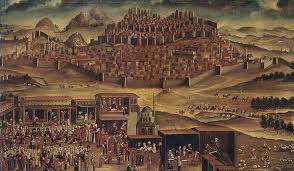
Introduction The Battle of Ankara, fought on July 20, 1402, was a dramatic clash between two of the most powerful rulers of the medieval Islamic world: Timur (Tamerlane), the Central Asian conqueror, and Bayezid I, the ambitious Ottoman Sultan. The outcome of this battle would temporarily halt Ottoman expansion and reshape the balance of power…
-
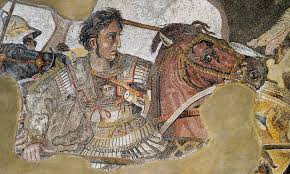
Birth of Alexander the Great On July 20th, 356 BC, one of history’s most influential figures, Alexander the Great, was born in Pella, the capital of the ancient kingdom of Macedon. His father was King Philip II, a brilliant military strategist who laid the groundwork for his son’s future conquests. From a young age, Alexander…
-
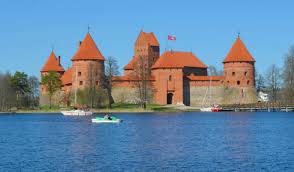
Introduction In the heart of Lithuania, nestled on an island in Lake Galvė, lies one of the most iconic symbols of Lithuanian heritage – Trakai Castle. More than a scenic landmark, Trakai served as a military stronghold and political center during the peak of the Grand Duchy of Lithuania. Built in the 14th century, this…
-
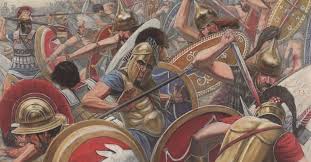
The Battle of the Allia On July 19th, 390 BC (traditional date), a devastating battle took place between the Roman Republic and the Senone Gauls, led by Brennus, near the Allia River. This engagement resulted in a catastrophic defeat for the Romans, who were significantly outnumbered and outmaneuvered. The Roman army suffered heavy losses, leading…
-

Introduction The image of Emperor Nero calmly playing music while flames consumed the city of Rome is one of the most enduring legends in history. It’s a dramatic story—one that paints Nero as a heartless ruler more interested in art than his people’s suffering. But how much of it is true? Like many tales from…
-

Great Fire of Rome (64 CE) On July 18th, 64 CE, the Great Fire of Rome erupted, beginning in the merchant shops around the Circus Maximus. The fire quickly spread, fueled by strong winds and the narrow, winding streets of the city. For six days and seven nights, the flames devastated the ancient city, consuming…
-
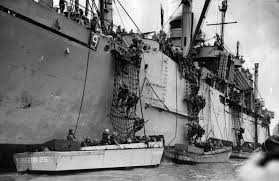
Introduction The Battle of Inchon, fought from September 15 to 19, 1950, stands as one of the most daring and successful amphibious operations in modern military history. Led by General Douglas MacArthur, the United Nations (UN) forces, primarily composed of U.S. Marines and Army troops, landed behind enemy lines at the port city of Inchon,…
-

179 CE: The Eruption of Mount Vesuvius While the exact date is debated among historians, a strong tradition places the catastrophic eruption of Mount Vesuvius on July 17th, 79 CE. This natural disaster famously buried the Roman cities of Pompeii and Herculaneum under layers of volcanic ash and pumice. The suddenness and immense scale of…
-
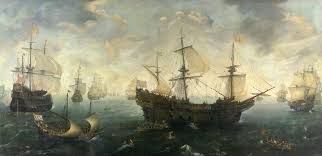
Introduction The year 1588 marks one of the most iconic moments in European maritime history: the failed Spanish invasion of England. Long taught as a triumph of English seamanship and strategy, modern historians offer a more nuanced view. While the English navy did harass the Armada, it was ultimately not gunfire, but the fury of…
-

Beginning of the Islamic Calendar (Hijra) July 16, 622, marks the approximate beginning of the Islamic calendar, also known as the Hijri calendar. This date is symbolically associated with the Hijra, the migration of the Prophet Muhammad and his followers from Mecca to Medina. While the actual departure from Mecca occurred in late June, the…
